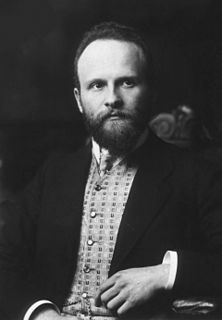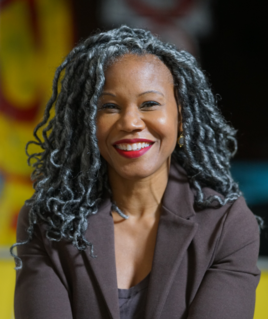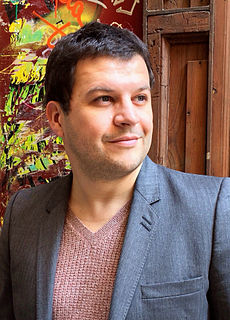A Quote by Dick Morris
Lincoln and Clinton had a lot in common in the way they were elected: In both cases, they were dark horses. In both cases, they were from small states. In both cases, they were not the favorite for their parties' nomination.
Related Quotes
Both Socrates and Jesus were outstanding teachers; both of them urged and practiced great simplicity of life; both were regarded as traitors to the religion of their community; neither of them wrote anything; both of them were executed; and both have become the subject of traditions that are difficult or impossible to harmonize.
While I sat in family court, I probably heard 20 or 25,000 cases. And I am sure, during the course of those cases, there were cases that I probably would've decided differently had I had either more time or been able to explore more. But all you can do as a judge is really give a case your best effort.
Prior to Katrina, the South Bronx and New Orleans' Ninth Ward had a lot in common. Both were largely populated by poor people of color, both hotbeds of cultural innovation: think hip-hop and jazz. Both are waterfront communities that host both industries and residents in close proximity of one another.
Turkey's relations with its immediate neighbors are improving. They were pretty bad for a long time - with Syria they were abominable, and with Iran they were pretty bad. In both cases Turkey sees potential for trade, especially with Iran, where it gets a lot of natural gas. In good times Iran and Turkey find mutually profitable objects of exchange, but with Syria things have been very bad; Syria doesn't have much money and never will.
They were now both ready, not to begin from scratch, but to continue with a love that had survived for thirteen years in hibernation. They were no longer travellers without baggage. They were no longer twenty. They'd both been around the block a bit and had suffered without the other. They'd both lost their way without the other. Each had tried to find love with other people. But all that was now finished.
Nothing in Chomsky's account acknowledges the difference between intending to kill a child, because of the effect you hope to produce on its parents (we call this “terrorism”), and inadvertently killing a child in an attempt to capture or kill an avowed child murderer (we call this “collateral damage”). In both cases a child has died, and in both cases it is a tragedy. But the ethical status of the perpetrators, be they individuals or states, could not be more distinct For Chomsky, intentions do not seem to matter. Body count is all.



































